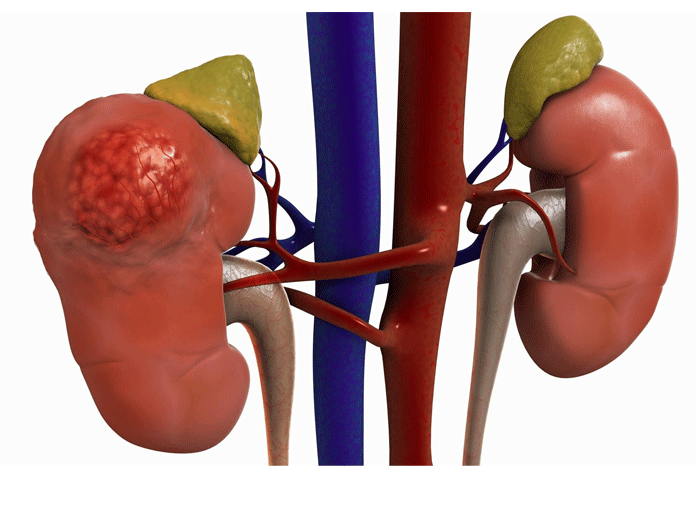Live
- Mercedes-Benz India to Launch 8 New Models, Focus on EVs in 2025
- Collector Inspects EVM Godown in Nagarkurnool
- Devotees' Tragic Demise in Tirumala Stampede: Chakravarthy Acharyulu Expresses Deep Condolences
- Disability can be identified and prevented in the early stages -DMHO Dr. K.V. Swarajya Lakshmi
- Ram Charan's 'Game Changer' Set for Big Box Office Debut
- Scientists Provide Training to Farmers on Integrated Farming
- SP Gaikwad Launches Feedback QR Code Poster for Police Services Opinion
- Helping Hands Charitable Trust Distributes Study Material to 3,000 Students in Gattu Mandal
- Samajwadi Party Strengthens Leadership in Telangana and Andhra Pradesh
- Poco X7 5G and Poco X7 Pro 5G Launched in India: Price, Specifications, and Features









